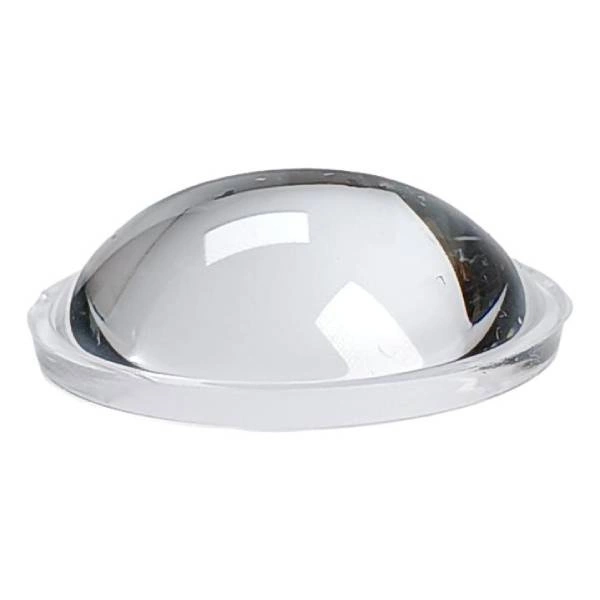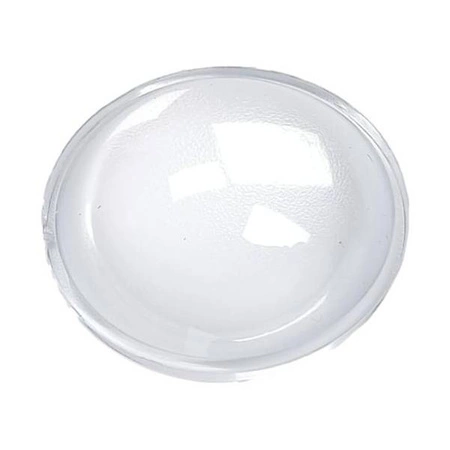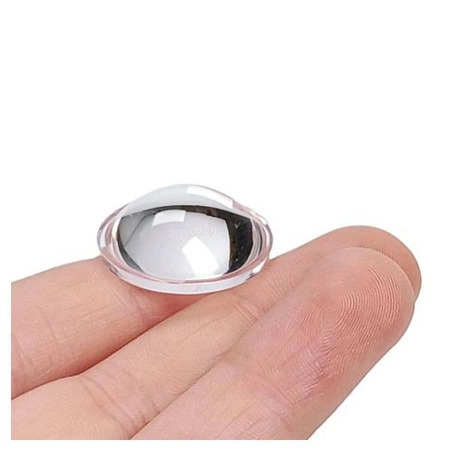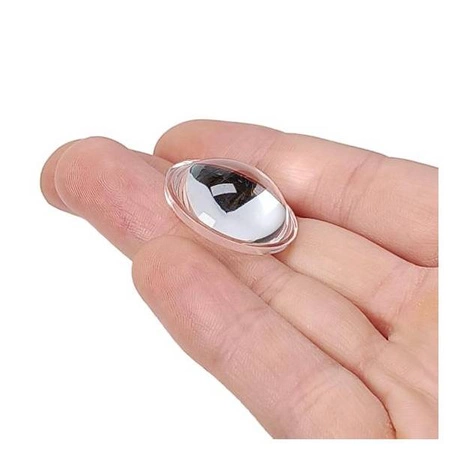Customizable standard optical spherical lenses optical glass
- Material: Fused silica, CaF2, Ge, Si, ZnSe
- Diameter: 1mm-300mm
- Tolerance: +/-0.2mm
- Surface quality: 10/5-80/50
- Centration: <3 arc min
- Coating: AR coating or custom design
What is a spherical lens?
A standard spherical lens refers to an optical lens whose surface is a part of a sphere.
Its core function is to change the direction of light propagation through refraction, achieving effects such as concentrating light, diffusing light, or imaging.
Compared with aspherical lenses, spherical lenses have more mature manufacturing processes and lower costs. Therefore, they are widely used in scenarios where the requirements for optical performance are not extremely high.
The main types of spherical lenses
-
Convex lens
The central part of a convex lens is thicker than its edge, which enables parallel light rays to converge at the focal point.
-
Biconvex lens
-
Plano-convex lens
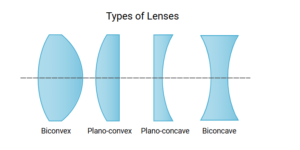
-
Concave lens
The central thickness of a concave lens is less than the edge thickness, causing parallel light rays to diverge and resulting in a negative focal length.
Common types include biconcave lenses and plano-concave lenses.
-
Plano-concave lens
-
Biconcave lens
The working principle of a standard spherical lens
To understand the working principle of a spherical lens, the first thing you should know is the law of refraction.
When light passes from one medium to another, its propagation direction will be deflected.

The curved surface design of a spherical lens uses this principle.
While an concave lens causes the parallel light rays to diverge, as if they are emitted from a virtual focal point on the other side of the lens.
Advantages of spherical lenses:
-
Mature process and strong production stability
The spherical lens manufacturing process is mature and the product quality is stable.
-
Readily available & Cost Effective
The production cost of spherical lenses is lower. If there is any wear or damage, replacement will be quicker.
The simple spherical design of these lenses makes them easier to manufacture and more durable.
-
Suitable for Wide Applications
Spherical lenses have a wide range of applications. They can meet the requirements of most optical systems.
For example, mobile phone cameras and optical equipment used in scientific research experiments all require spherical lenses.
Application of the spherical lens:
Optical lenses are the important components of optical systems and have a wide range of applications:
-
Imaging field:
Camera lenses, microscopes, telescopes, glasses and ect.
-
Light energy control:
Laser focusing mirrors, collimating mirror, diverging mirrors and ect.
-
Precision optics:
Coupling lenses in fiber optic communication, dispersion lenses in spectrometers

